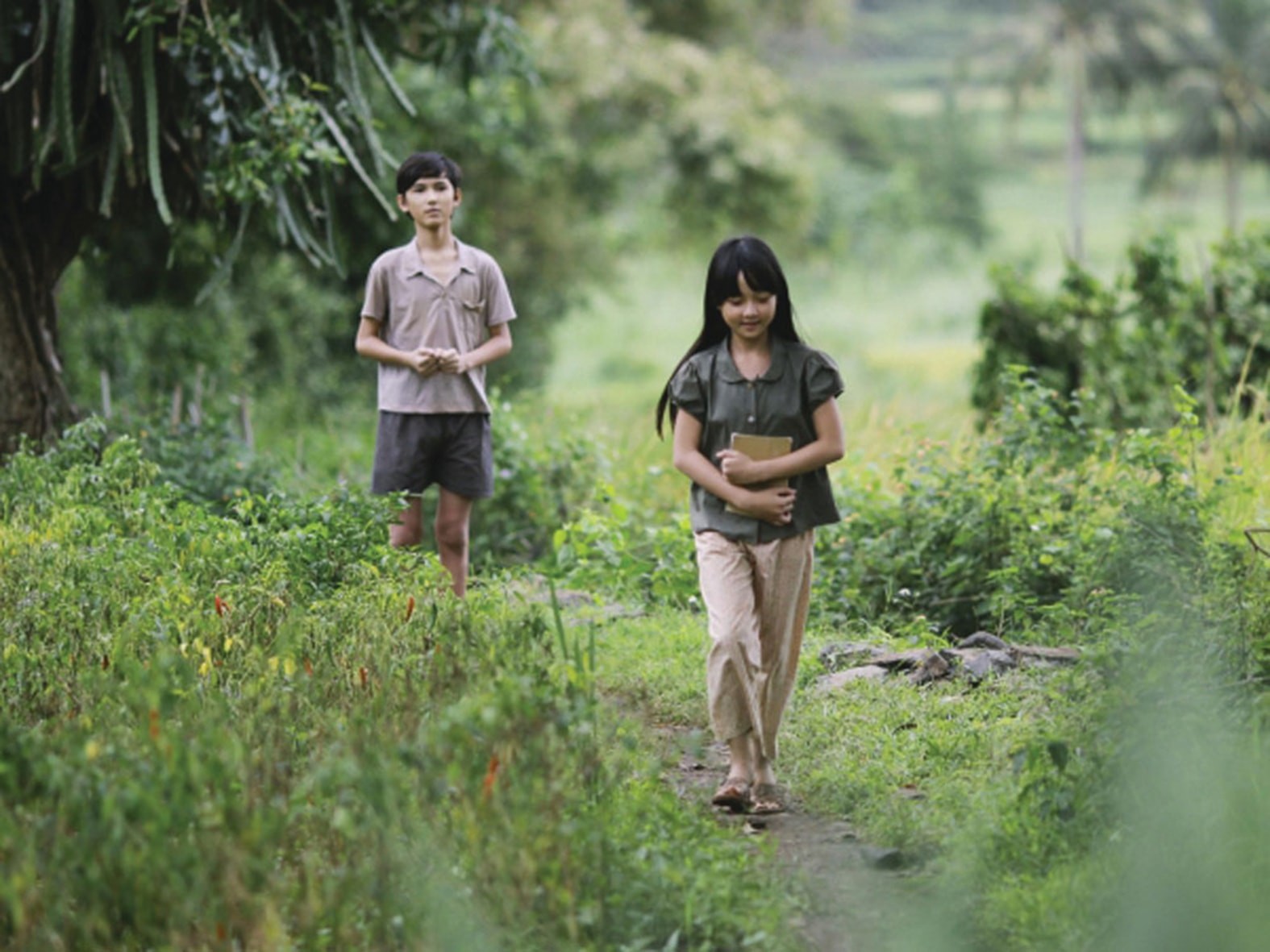
Language without borders
Reality has proven that cinema is an effective bridge for cultural exchange. Korea has used cinema as a very effective part of its strategy to promote its national image. The rapid spread of Korean culture and arts around the world is a long-term strategy, carefully crafted starting from famous Korean TV dramas in the past and up to the present.
As for Vietnam, cinema is gradually opening its doors to the world . Despite facing limitations in resources and technology, independent films and works selected to compete at international film festivals have become bridges to bring Vietnamese stories closer to global audiences. Films such as “The Scent of Green Papaya” (1993) by Tran Anh Hung, or “I See Yellow Flowers on the Green Grass” (2015) by Victor Vu, when appearing and being welcomed at international film events, not only contribute to promoting the image of Vietnamese culture, but also clearly demonstrate the desire to integrate and affirm the unique mark of the country's cinema.
According to Deputy Minister of Culture, Sports and Tourism Ta Quang Dong, throughout history, culture has always been a strong and profound bridge between nations and peoples. Cinema, an important element of culture, with its strong influence, ability to preserve memories and truly reflect life, has played an important role in promoting understanding, respect and cooperation between nations. In particular, on the journey of Vietnam - US cultural cooperation since the years of efforts to rebuild and overcome the consequences of war to bring the country into a period of innovation and integration, cinema has become an effective channel of exchange, opening up a space for dialogue and empathy between two seemingly very different cultures.
Sharing the same view, Deputy Director of the Institute of Theatre and Cinema (Hanoi University of Theatre and Cinema), MSc. Hoang Da Vu, said that in the context of globalization, preserving and promoting those values not only helps Vietnam affirm its identity in the international arena, but also creates a solid foundation for friendly and cooperative relations with countries, especially the United States. Cinema, with its ability to move people's emotions across all geographical and political boundaries, will continue to be a messenger of peace, a humane voice connecting the past and present, memories and the future.
The key to Vietnamese films going far
However, for a film to truly become a cultural ambassador, the script must be deeply invested, reflecting the soul of Vietnamese culture while still being attractive to international audiences. Do not let the attempt to “internationalize” result in losing your identity or not being sophisticated enough to convey cultural values convincingly. In addition, limitations in production budget, modern technology and creative human resources are also significant barriers.
Experts say that to be successful, Vietnamese cinema needs support from cultural policies, investment capital, and an open creative environment. Then, each film will not only be an artistic product, but also a “bridge” to spread the image of Vietnam widely, contributing to increasing understanding and connection between nations.
Master Huynh Cong Khoi Nguyen - Director of the Cinema Culture House in Ho Chi Minh City said that in order for Vietnamese cinema in general, and Vietnamese feature films in particular, to better fulfill their mission as a bridge connecting and widely spreading national cultural values in the direction of "internationalizing Vietnamese cultural identity", it is necessary to frankly acknowledge the limitations and causes, in order to establish appropriate groups of solutions.
In particular, supplementing and perfecting mechanisms and policies on cinema is the foundation; improving the quality of feature films that deeply exploit Vietnamese cultural themes with a focus on improving the cultural level of filmmakers; diversifying film distribution and dissemination activities to maximize the value of cinema works and to quickly reach a wide audience on all possible media and platforms, while continuing to strengthen the presence of Vietnamese films in the international arena.
“Promoting the deep exploitation of indigenous cultural elements in feature films is not only about creating more films, but also about spreading national culture, protecting traditional humanistic values, thereby contributing to the overall growth of the Vietnamese film industry, which is on the way to developing towards the goal of truly becoming an industry; at the same time, creating an identity as well as establishing a position and standing for Vietnamese cinema on the world film map in the context of strong international integration and globalization,” said Mr. Nguyen.
Dr. Nguyen Van Tinh - former Director of the Department of International Cooperation (Ministry of Culture, Sports and Tourism), in promoting cooperation and exchange with American and world cinema, in addition to organizing films to be introduced at international film festivals, organizing Vietnamese film days and weeks abroad, creating conditions for foreign film crews to make their films in Vietnam is also very important. In addition to direct impacts such as improving knowledge, skills, and expertise for the team of people working in the domestic film industry... Especially attracting domestic and foreign tourists when films are often filmed in settings with extremely majestic and beautiful natural landscapes, imbued with the culture of ethnic groups and regions of the country, thereby contributing to promoting tourism very strongly.
Source: https://baolaocai.vn/dien-anh-cau-noi-thuc-day-giao-luu-van-hoa-post880302.html




![[Photo] Prime Minister Pham Minh Chinh chairs the meeting of the Government Party Committee Standing Committee](https://vstatic.vietnam.vn/vietnam/resource/IMAGE/2025/8/23/8e94aa3d26424d1ab1528c3e4bbacc45)

![[Photo] General Secretary To Lam attends the 80th Anniversary of the Cultural Sector's Traditional Day](https://vstatic.vietnam.vn/vietnam/resource/IMAGE/2025/8/23/7a88e6b58502490aa153adf8f0eec2b2)


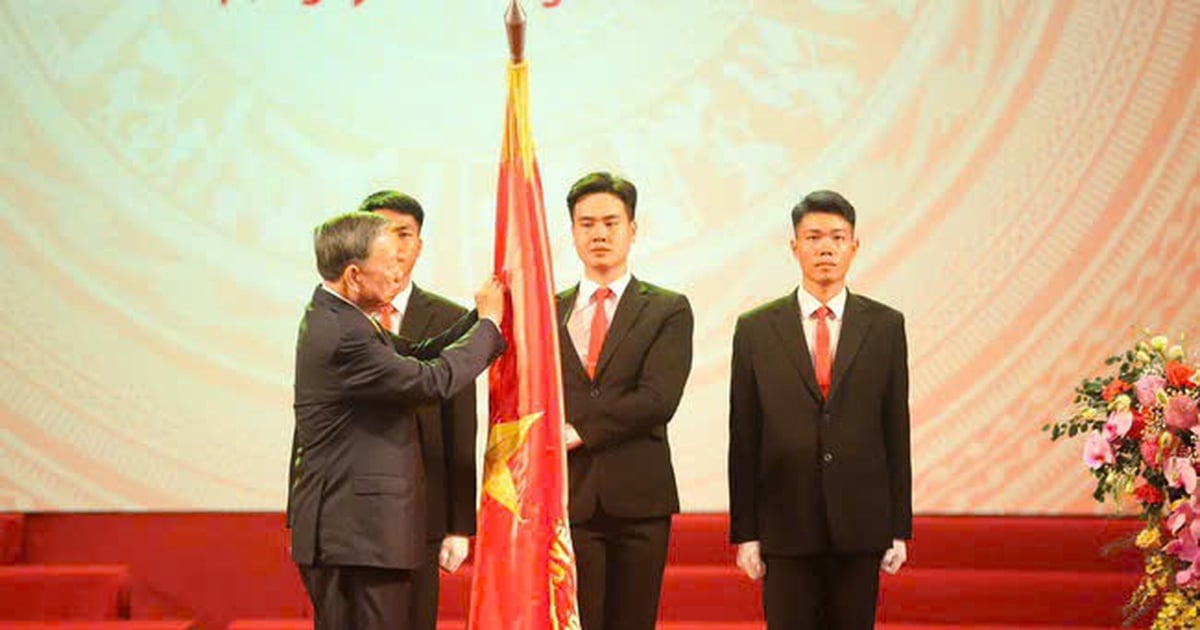

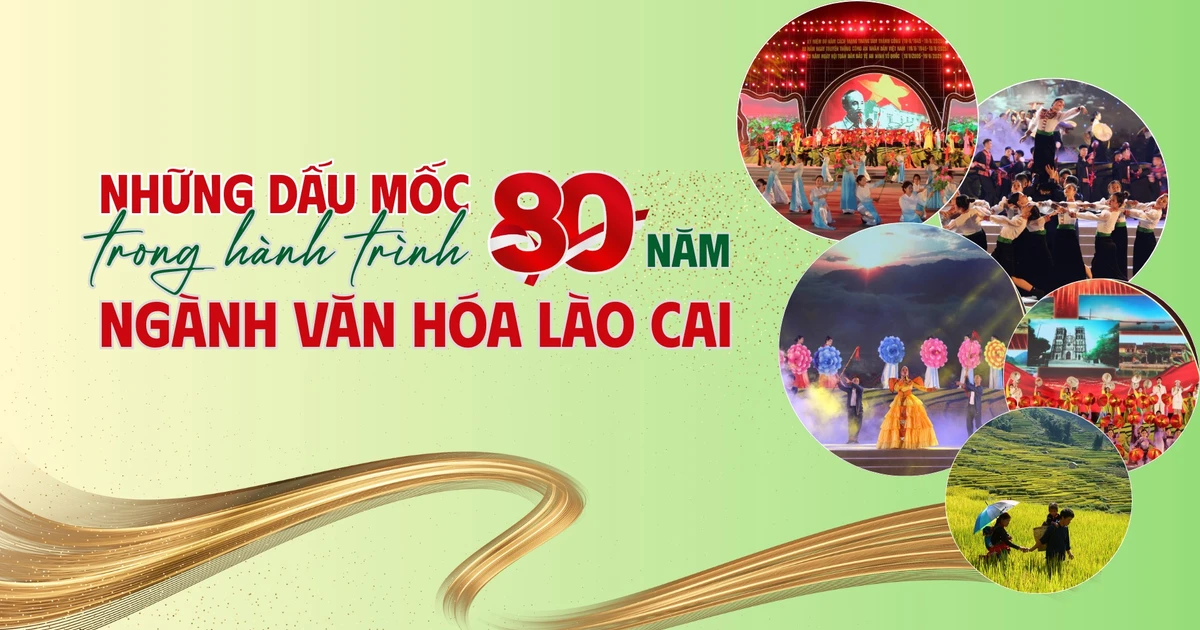
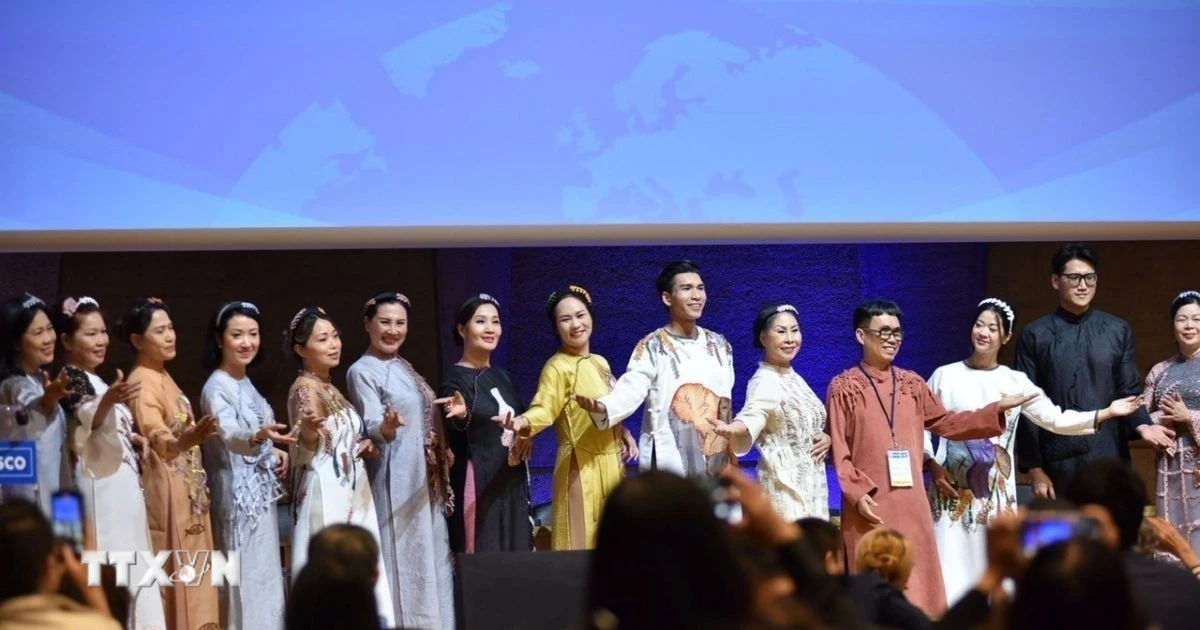


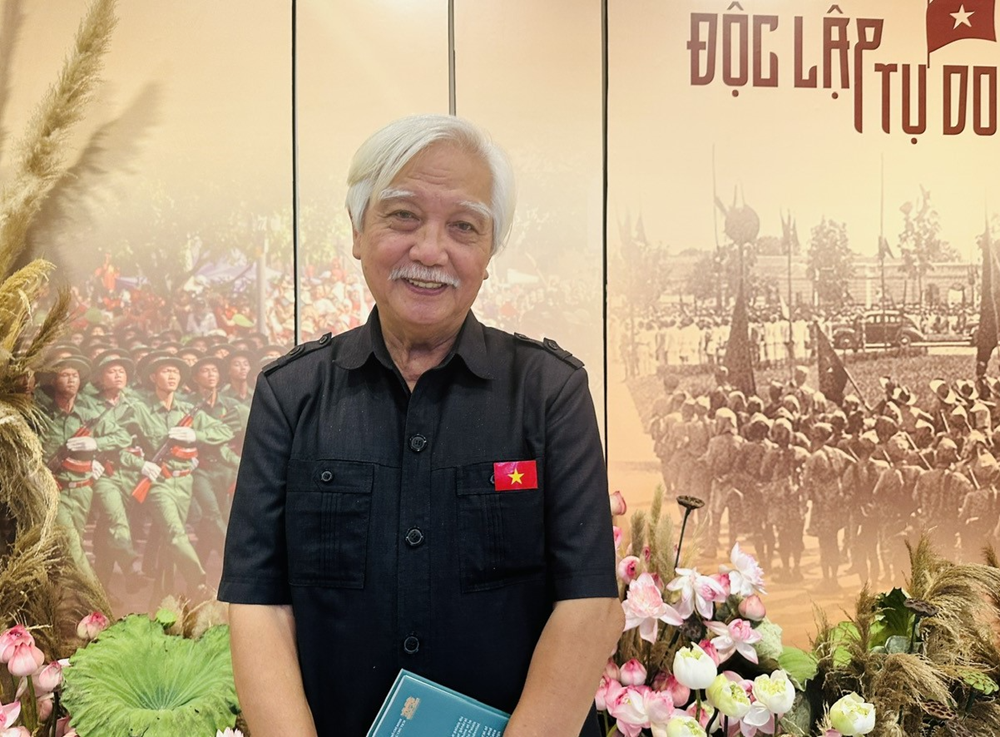

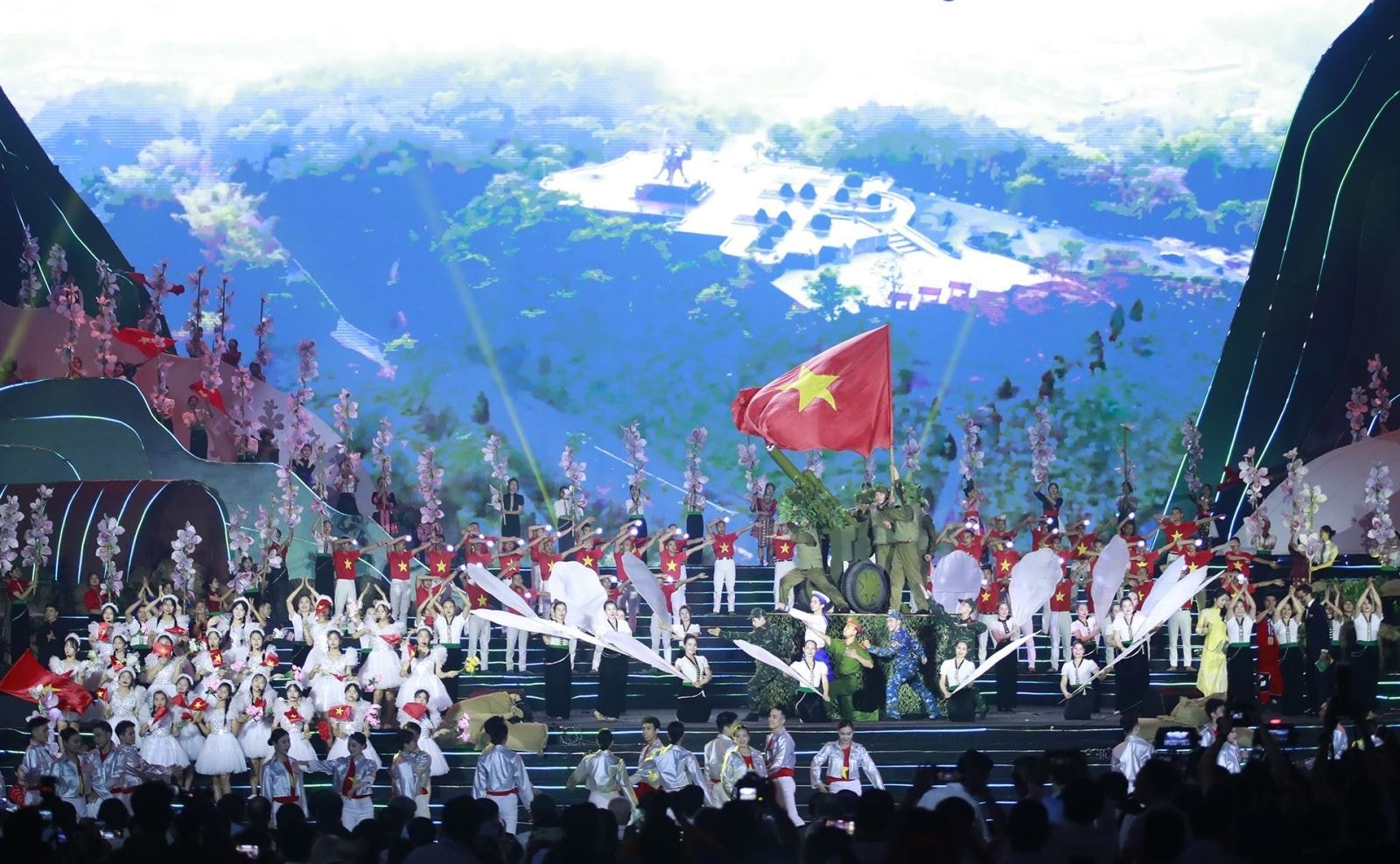

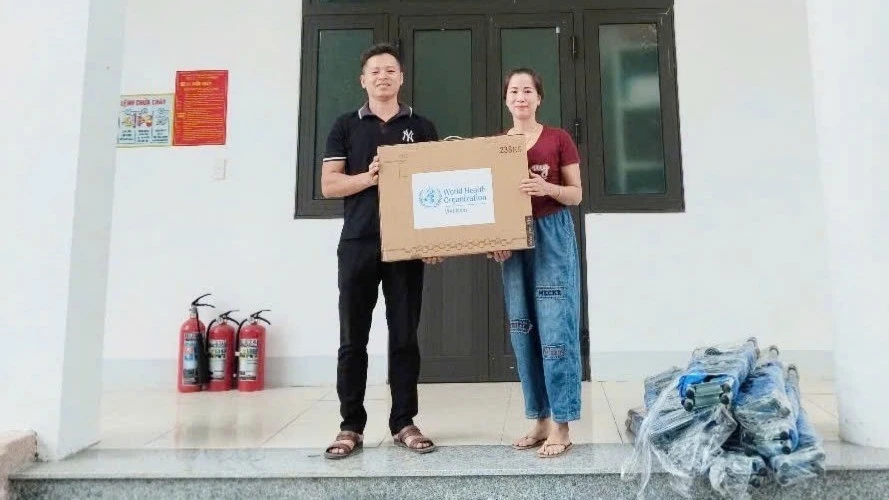
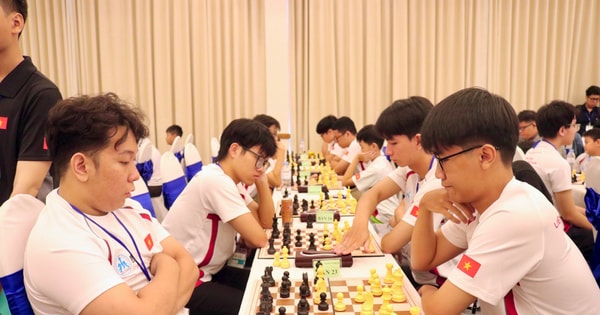

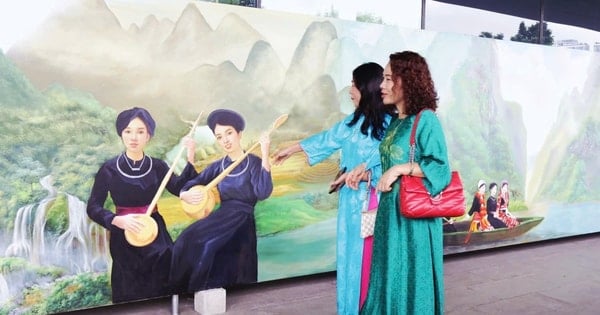
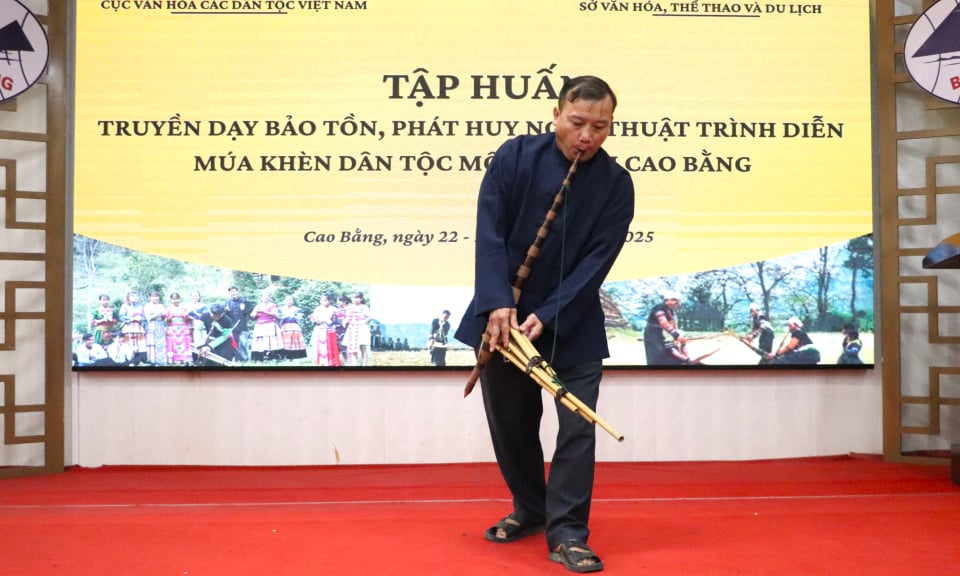

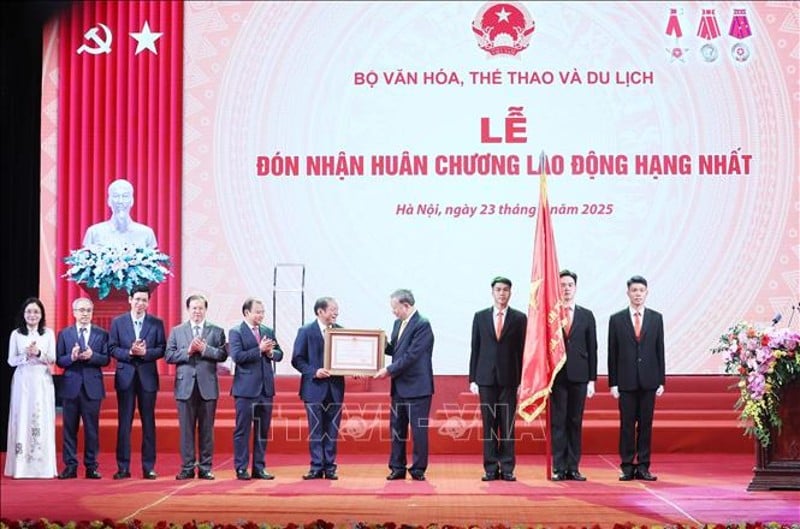

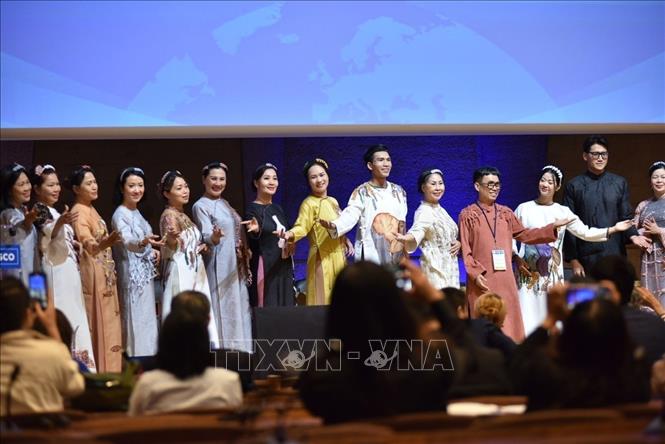





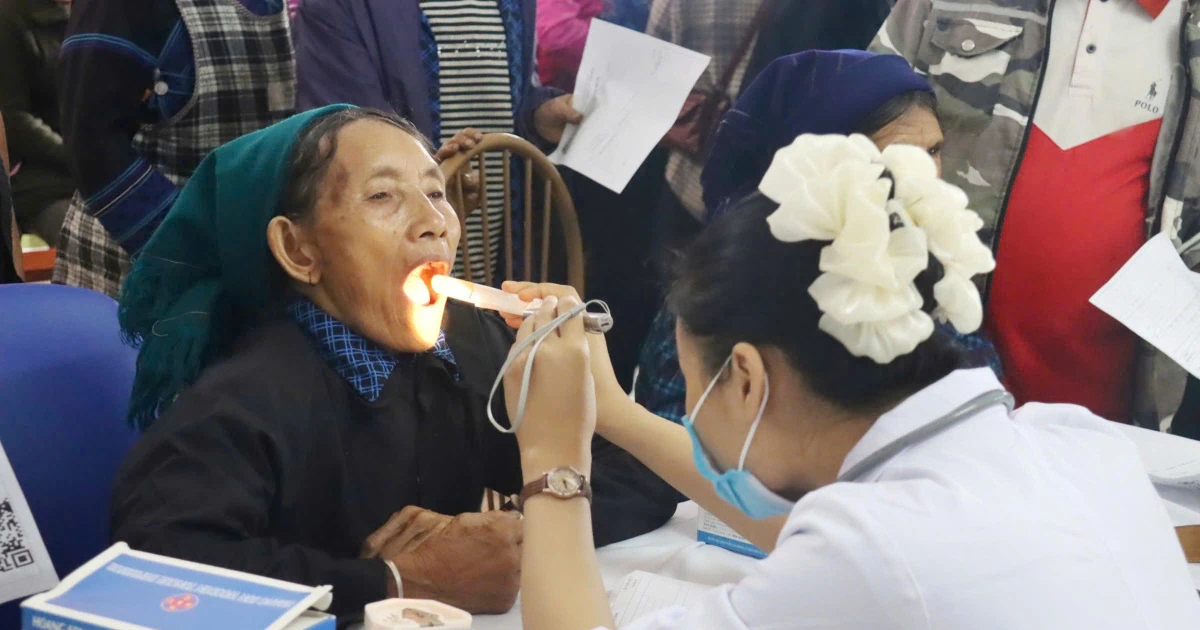
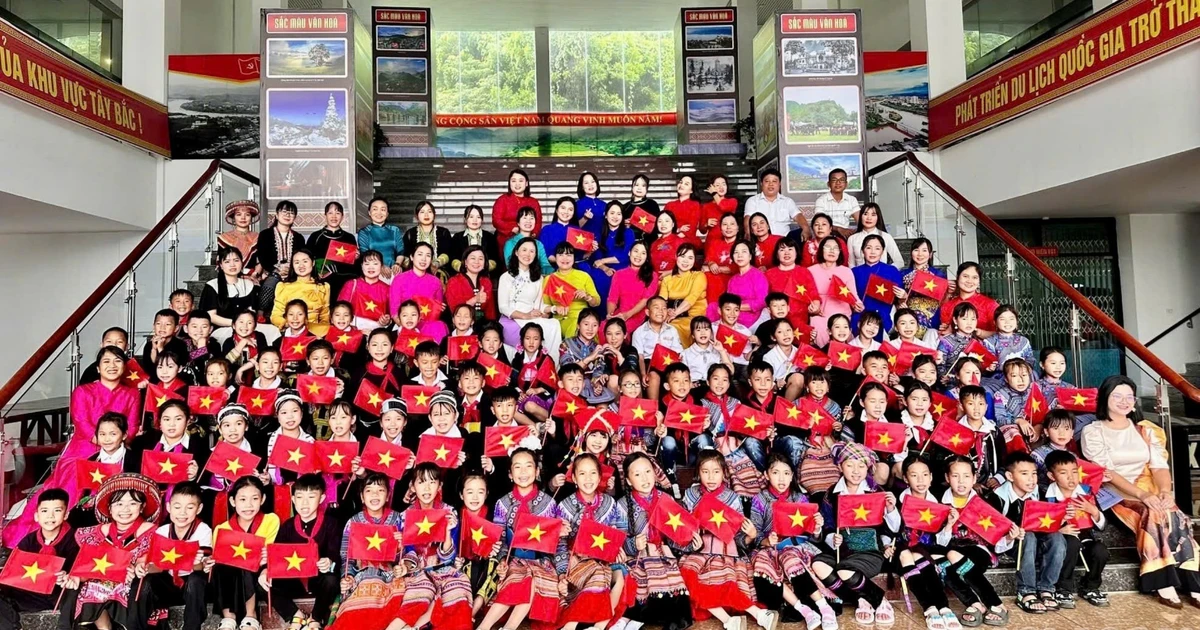
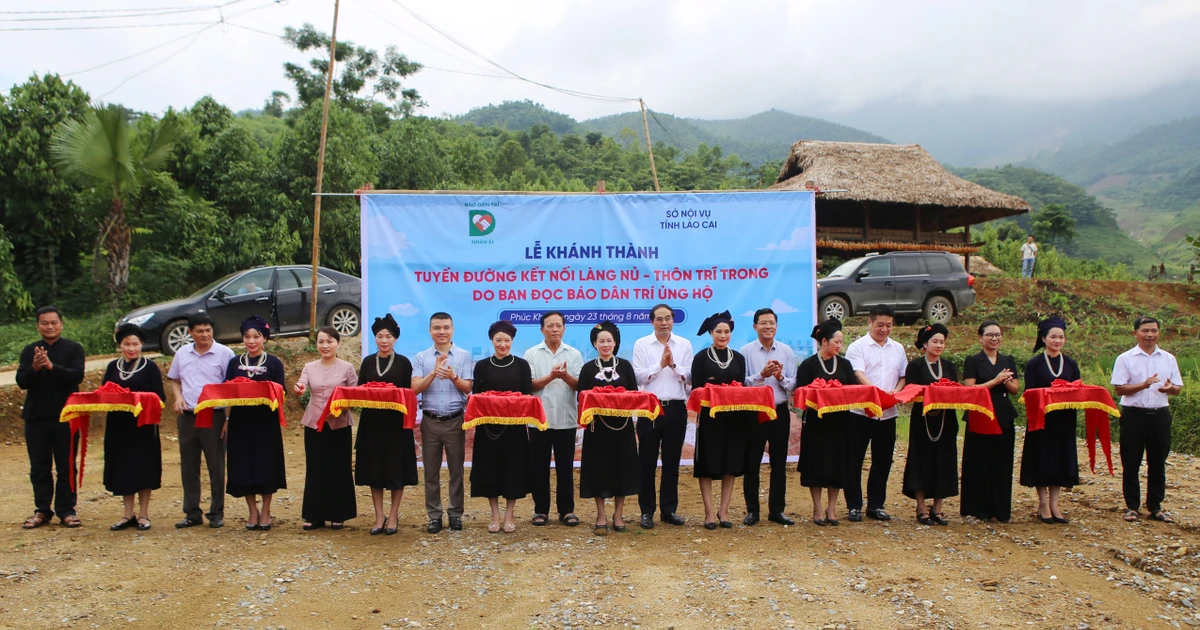
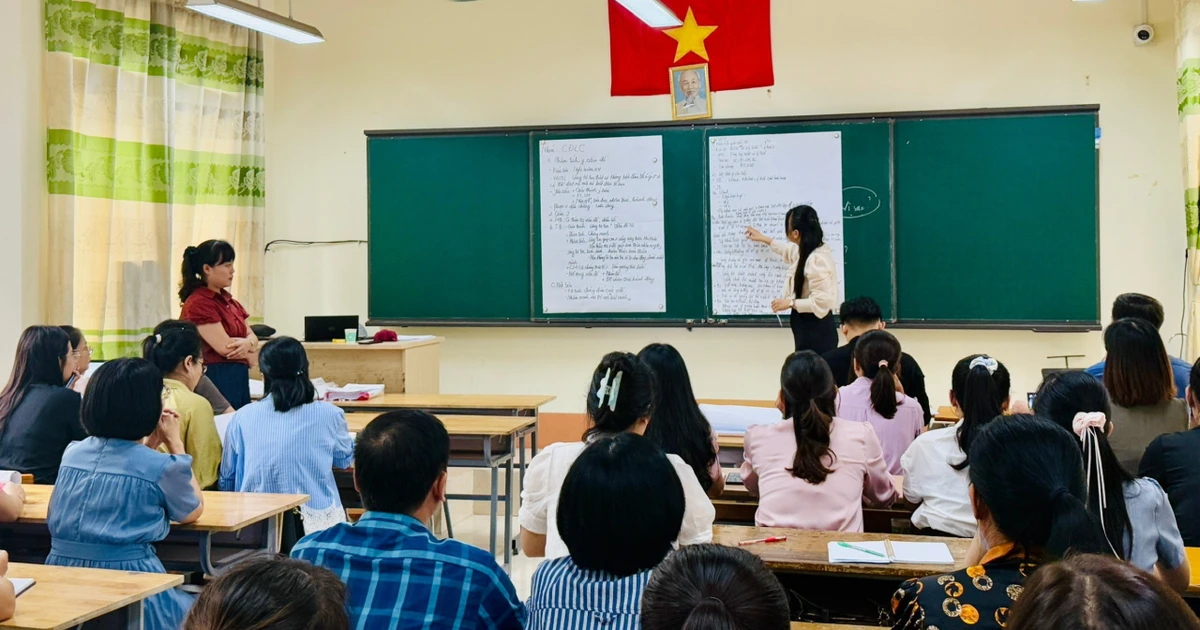
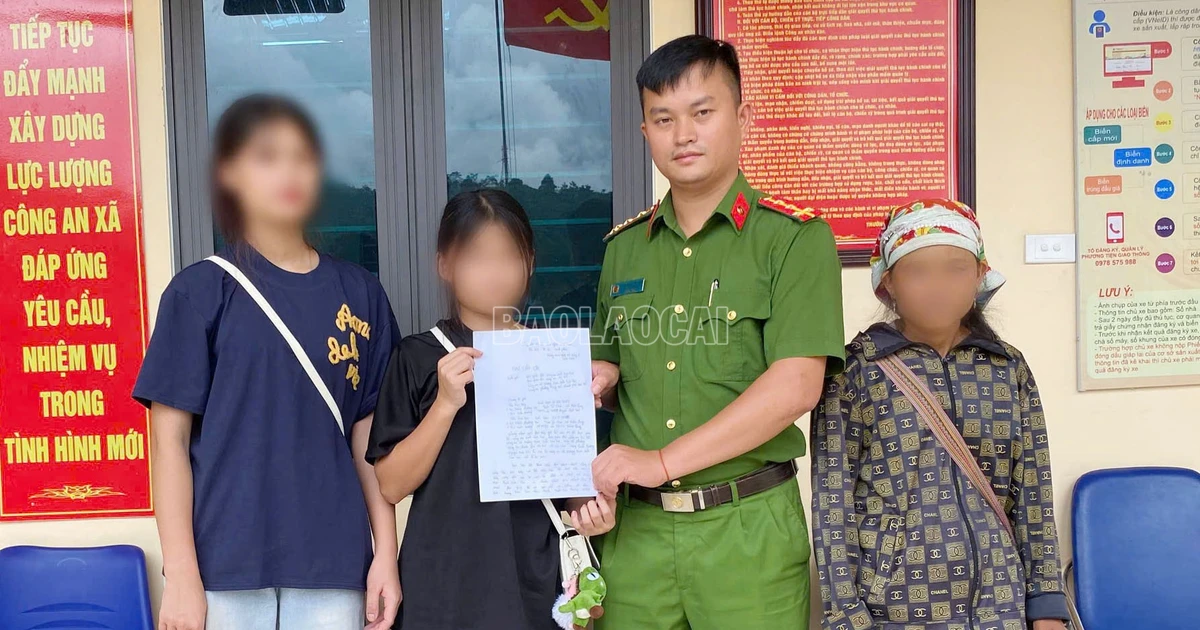
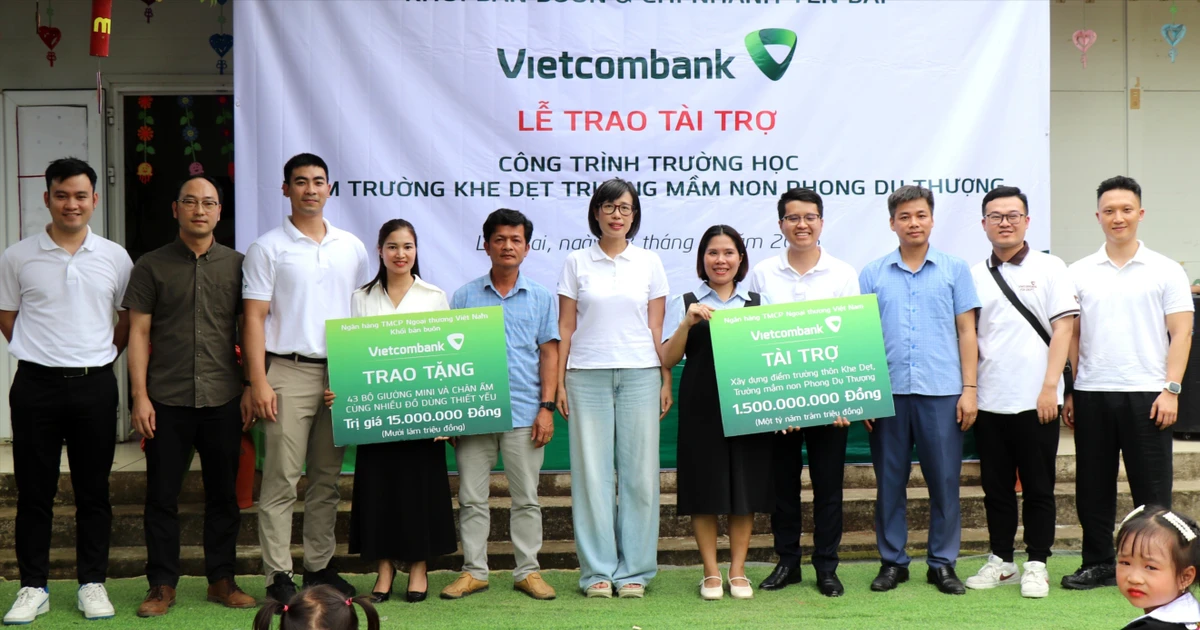











































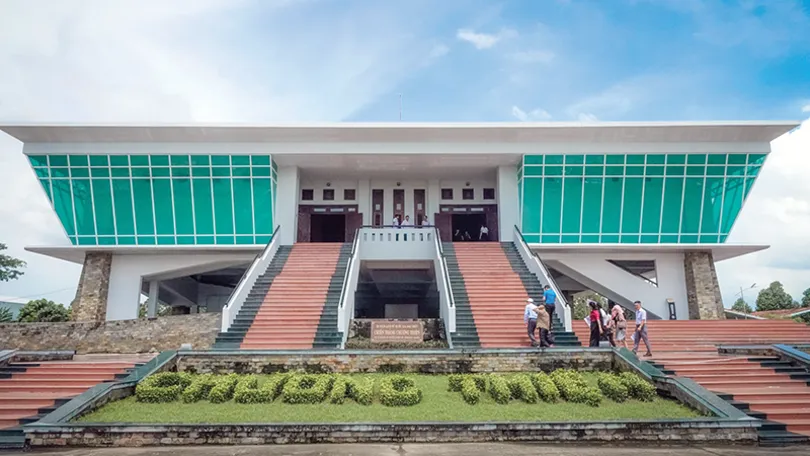

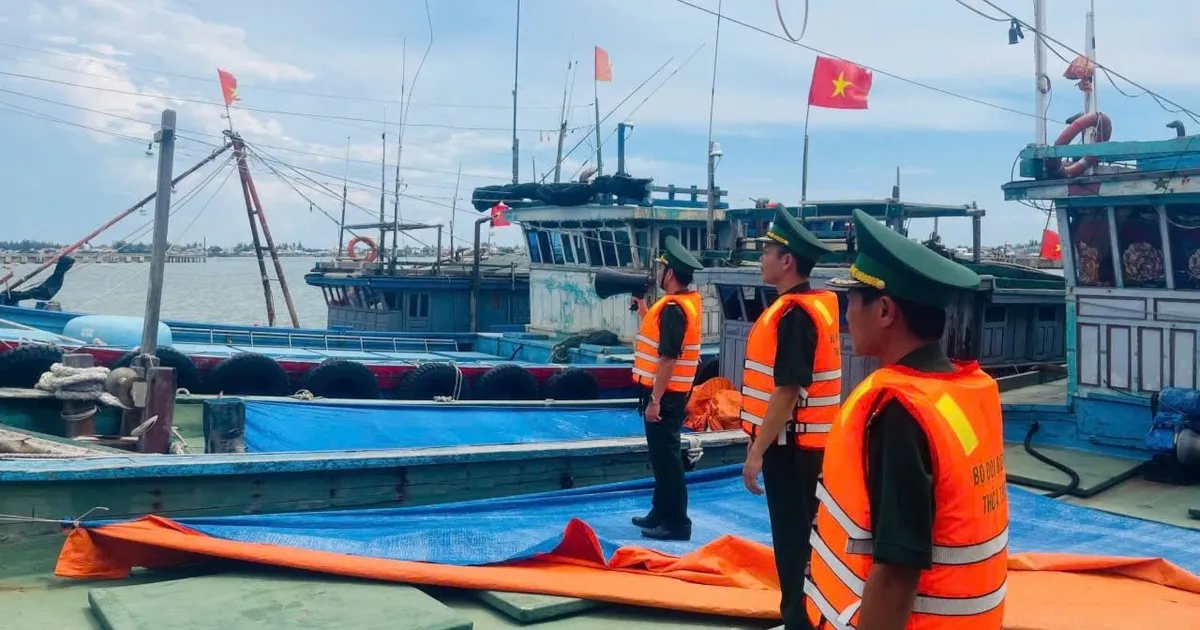

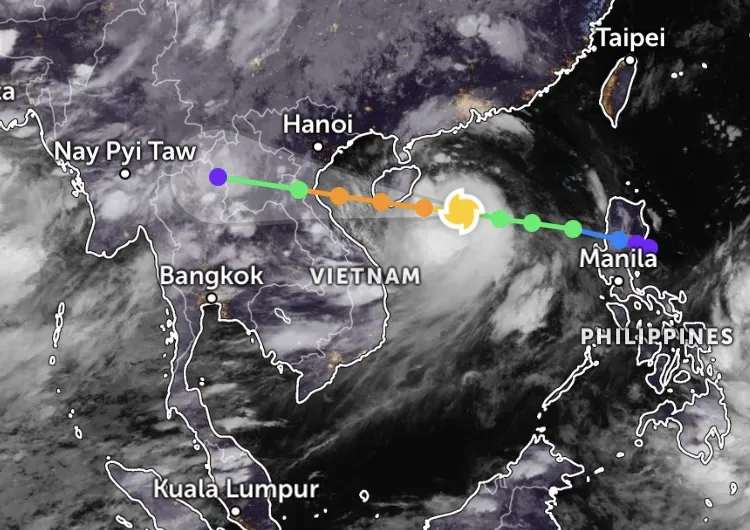
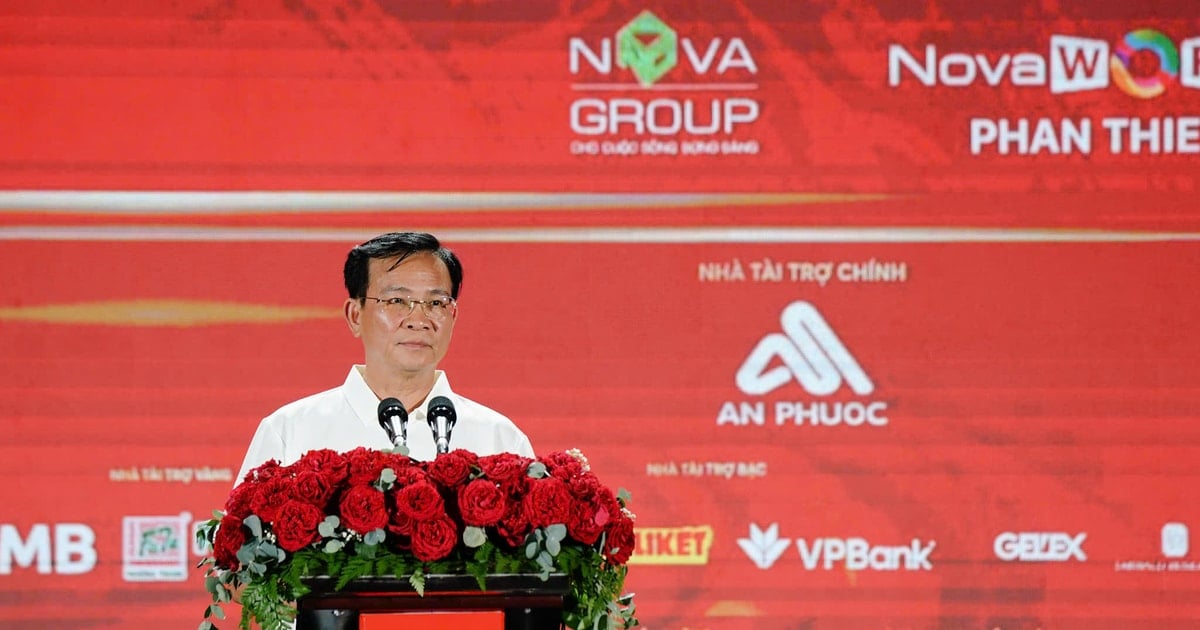

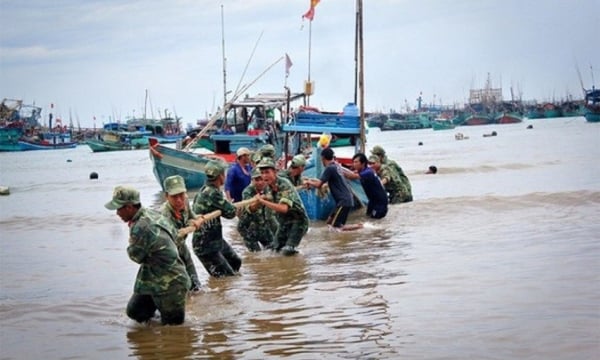















Comment (0)